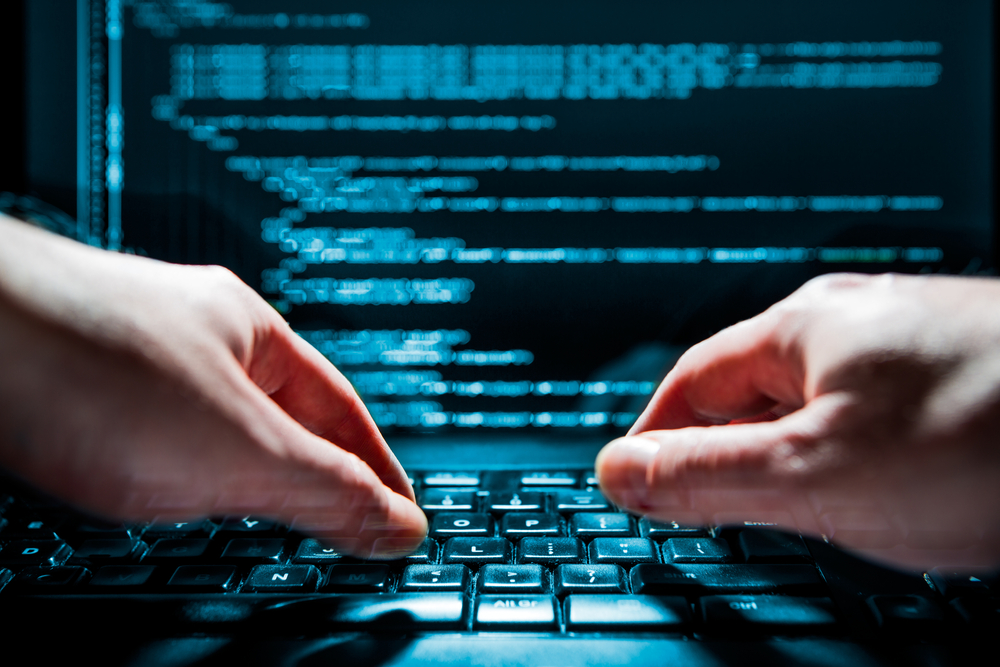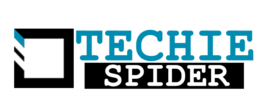
protecting personal information has become more critical. With hackers constantly evolving their techniques, it’s crucial to take steps to safeguard our private notes and sensitive data. Before diving into protection strategies, it’s essential to understand the potential risks associated with storing private notes digitally. Hackers may target you by intercepting data transmissions or exploiting application vulnerabilities. By recognizing these threats, you can better defend yourself against them.
Choosing the right tools
Selecting the appropriate tools for storing and managing your private notes is a critical first step in ensuring their safety. Look for applications that offer robust security features such as:
- End-to-end encryption
- Two-factor authentication
- Secure cloud storage
- Regular security updates
These features can significantly enhance the protection of sensitive information, making it much harder for hackers to access your data.
Creating strong passwords
One of the simplest yet most effective ways to protect your private notes is by using strong, unique passwords for all your accounts and devices. Follow these guidelines when creating passwords:
- Make them at least 12 characters long
- Use a different password for each account
Consider using a password manager to generate and store complex passwords securely, reducing the risk of unauthorized access.
Implementing two-factor authentication
Two-factor authentication could be a fingerprint scan, a code sent to your phone, or a physical security key. Enable 2FA whenever possible to significantly reduce the chances of a hacker gaining access to your private notes.
Encrypting your data
Encryption is a powerful tool in protecting your private notes from prying eyes. When your data is encrypted, it becomes unreadable to anyone who doesn’t have the decryption key. Many note-taking applications offer built-in encryption features, but you can also use standalone encryption software for added security.
Being cautious with public Wi-Fi
Public Wi-Fi networks are often unsecured, making them prime targets for hackers looking to intercept data. When accessing your private notes on public Wi-Fi, take these precautions:
- Avoid accessing sensitive information if possible
- Disable automatic Wi-Fi connections on your devices
By being mindful of the risks associated with public Wi-Fi, you can better protect your private notes from potential threats.
Backing up your data securely
Regularly backing up your private notes is essential for protecting against data loss and maintaining security. Choose a backup solution that offers strong encryption and secure storage options. Consider combining local and cloud-based backups for added redundancy and protection.
Practicing good digital hygiene
Maintaining good digital hygiene habits can go a long way in keeping your private notes safe. Some best practices include:
- Logging out of accounts when not in use
- Being cautious about sharing personal information online
- Regularly reviewing and revoking app permissions
Incorporating these habits into your daily routine can significantly reduce the risk of your private notes falling into the wrong hands.
Using secure note-taking platforms
When choosing a platform for storing and managing your private notes, it is important to prioritize security and privacy. One such platform is prlivnote.com, which offers a range of features designed to keep your confidential information safe from hackers. You must combine the right tools, robust security practices, and ongoing vigilance to protect your private notes from hackers. By following these strategies, you can significantly enhance the security of sensitive information and gain peace of mind. Stay informed and proactive to keep your private notes safe.






